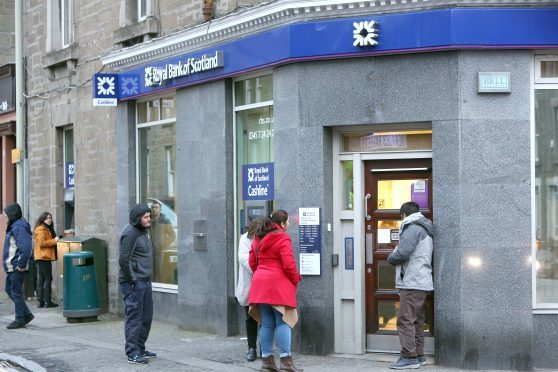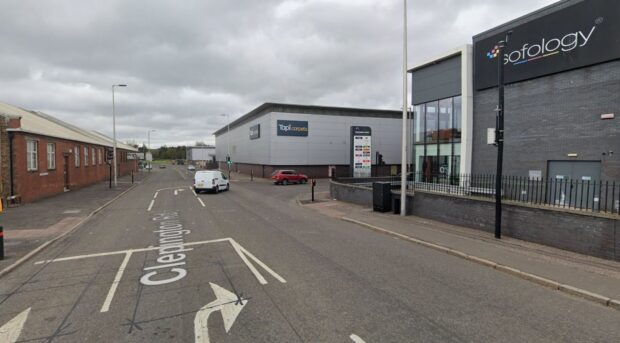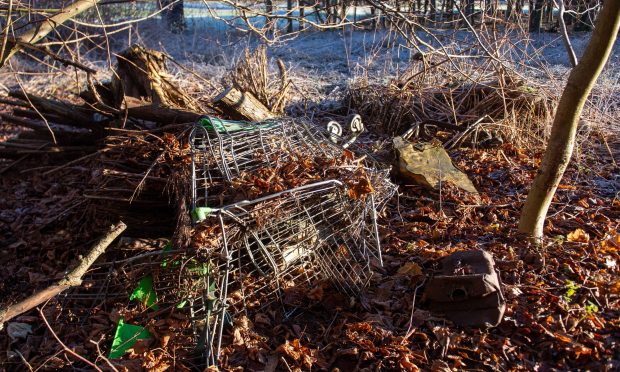In January 2016, following a busy and profitable Christmas, the city centre retailer I was working for made all of its staff redundant after deciding to close the shop.
Our area manager jumped on the train from Manchester and sidled into our store one bleak January morning and told us we had two weeks to pack up the French Connection outlet in the Overgate. I had been with the company less than a year, so was not entitled — according to them — to any form of redundancy pay. The same was true for a large majority of the staff.
Of course, he offered to relocate us to “nearby” Edinburgh or Glasgow, but for a job paying only slightly more than minimum wage (French Connection, like a good majority of retailers, are not Living Wage employers) it was hardly feasible.
It mattered not a jot we had enjoyed a successful festive period, that Dundee was a city looking to expand with a Waterfront development or that the council was promising to keep its city centre shopping experience alive and kicking.
According to the area manager, the rent on the unit occupied by our shop had increased, the numbers didn’t add up and someone who had likely never set foot in Dundee decided it wasn’t worth having a store here. Two weeks later, we were all out of a job — save for a manager who decided to try and make the commute to Edinburgh, at a cost.
The sort of behaviour displayed by that company is nothing new. We were not the first to be treated like that, and the shameful way the Royal Bank of Scotland has gone about its “cut” unfortunately won’t be the last.
That staff will spend the run-up to Christmas unsure about the future of their jobs is deplorable, and the silence from RBS in the interim has been deafening. It’s a feature all to common in this city that many of us have had the poor fortune to experience.
Speaking to customers, small business owners and locals on Friday afternoon following the news RBS was set to close the branch in Stobswell, two things became apparent.
One: The branch is always busy. At least five of the customers who came out of the branch said it was always “going like a fair”, that it was difficult to see a member of staff as it was, that it was the last bank in that part of town.
Two: The knock-on effect this branch closure will have on passing trade for small businesses will be disastrous. People nip into the bank, then pop to the butchers for some mince for that night’s dinner. After depositing her meagre pension, Mrs McGinty will head into the fish monger for a small haddock fillet and have a chat with the man behind the counter, maybe her only personal interaction that day. The newsagent owner can only leave the store for five minutes to do his personal banking, any longer than that then he may lose vital business.
It is patently obvious the decision to close the Stobswell branch and all of the other 70 or so branches across Scotland has been taken by one or two people who do not understand how local communities operate.
This tax payer-owned, recession-contributing plc has to wake-up and smell the coffee. Banks are, whether we like it or not, extensions of our everyday life. They have a responsibility to remain accessible for every resident they serve. They owe not just a financial, but a public debt to our communities and should halt this potentially catastrophic course of action, for their customers and staff.










